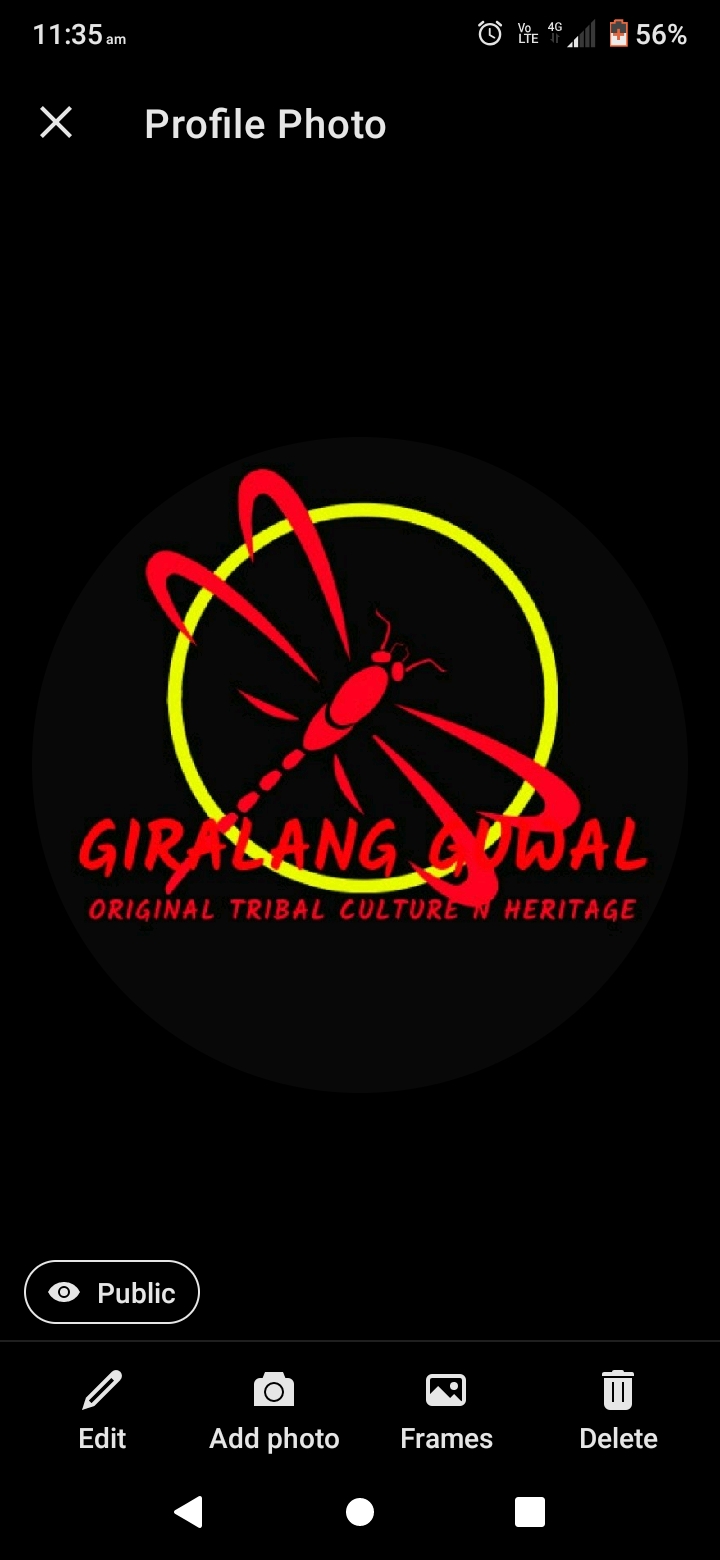Empowering Future Generations Through Aboriginal Education at Giralang Guwal
- Giralang Guwal

- Jul 14, 2025
- 4 min read
Aboriginal education is not just a means to learn; it is a vital pathway to understanding the rich cultural tapestry of Indigenous peoples. This post explores the importance of Aboriginal education, especially at Giralang Guwal. By equipping future generations with relevant educational practices, we can nurture an appreciation for traditional knowledge and cultural values.
Understanding Aboriginal Education
Aboriginal education encompasses various methods and strategies designed to integrate Indigenous perspectives into learning environments. It differs from mainstream education by placing a strong emphasis on cultural identity, language, and tradition.
Aboriginal students often encounter specific challenges in the educational system. For instance, studies show that 40% of Aboriginal students experience difficulties in academic engagement due to a lack of culturally relevant content. Culturally responsive teaching practices that incorporate Aboriginal knowledge can enhance educational outcomes significantly, leading to improved connection between students and their heritage.
Supporting Aboriginal education is essential not only for Indigenous individuals but also for the wider community. Engaging with Aboriginal cultures fosters mutual respect, understanding, and reconciliation, ultimately contributing to a more inclusive society.
The Role of Cultural Practices in Education
Cultural practices such as traditional dance and smoking ceremonies are integral to Aboriginal education. At Giralang Guwal, these practices are incorporated into the educational framework, allowing students to connect with their cultural roots.
For example, traditional dance serves as a powerful medium for storytelling. It enables the transmission of knowledge and history from one generation to the next. Students learn about their lineage and the significance of their ancestry while participating in these vibrant cultural expressions.
Smoking ceremonies also hold deep significance in Aboriginal cultures for cleansing and fostering a connection with the land. By weaving these practices into the educational curriculum, Giralang Guwal enriches the learning experience for all students, promoting a sense of shared identity and cultural continuity.
Empowering Educators and Community Leaders
Educators and community leaders are crucial to advancing Aboriginal education. Training teachers in cultural competence is vital to create an inclusive classroom that respects and honors students’ backgrounds.
Regular professional development focused on Indigenous knowledge systems equips educators with tools to engage effectively with Aboriginal students. This empowerment nurtures respectful relationships and enhances collaboration with Aboriginal families and communities.
Furthermore, community leaders can facilitate connections between schools and families. Their involvement ensures that Aboriginal perspectives are integrated into the educational framework, allowing students to experience a genuine sense of ownership over their learning.
Language Preservation Through Education
The preservation of Aboriginal languages is a critical component of Aboriginal education. Language forms an essential part of identity, and integrating local dialects into the curriculum is vital for maintaining cultural connections.
At Giralang Guwal, language lessons include storytelling and traditional songs that not only teach Aboriginal languages but instill cultural pride. Research shows that students learning in their native languages perform 30% better academically than those who do not. By valuing Indigenous languages, future generations can preserve a direct link to their ancestors.
Creating a space for language revitalization fosters cultural pride and recognition of Aboriginal identity within the broader educational context. These efforts support the maintenance of unique languages that encapsulate diverse worldviews, knowledge systems, and traditions.
Collaborative Learning Experiences
Giralang Guwal prioritizes collaborative learning experiences that engage students with their communities. Activities such as field trips, workshops, and interactive events spotlight traditional practices and foster deeper connections with culture.
By participating in community-led initiatives, students are encouraged to take an active role in their learning journeys. Research indicates that students involved in such programs are 25% more likely to show increased engagement and enthusiasm for their education. These hands-on experiences bridge classroom learning with real-world applications, fostering a profound appreciation for their cultural backgrounds.
Collaboration also promotes knowledge exchange between Aboriginal and non-Aboriginal communities, enriching the understanding of Aboriginal cultures for everyone involved.
The Importance of Role Models
Role models uniquely inspire Aboriginal youth. Educators, community leaders, and cultural custodians who exemplify strong cultural values can make significant impacts by showcasing the importance of staying connected to one’s heritage.
Inviting Aboriginal role models into schools encourages students to embrace their backgrounds while striving for success. These figures serve as symbols of resilience and achievement, motivating students to overcome challenges and pursue their ambitions.
Creating mentorship opportunities allows Aboriginal youth to forge connections with individuals who understand their experiences. These relationships can strengthen community ties and act as catalysts for positive change in young lives.
Fostering Pride and Resilience
Integrating Aboriginal education into the curriculum cultivates pride in students regarding their cultural identity. Education becomes not just a way to acquire knowledge, but also a powerful tool for instilling resilience in the face of challenges faced by Aboriginal communities.
Encouraging students to celebrate their unique identities elevates their sense of belonging. As they engage with their culture and history, they learn to navigate their educational paths with confidence.
Resilience builds as students recognize that their heritage is respected and honored within educational settings. Celebrating Aboriginal youth and their stories empowers them to rise above adversity and lays the groundwork for future success.
Moving Towards a Positive Future
Empowering future generations through Aboriginal education at Giralang Guwal is essential for preserving cultural identity and fostering resilience among young people. By embracing traditional practices, integrating Indigenous knowledge, and highlighting role models' significance, we can create an environment where Aboriginal students thrive academically and culturally.
Our commitment to honoring and amplifying Aboriginal stories, languages, and practices is critical in the journey toward a more inclusive educational landscape. Educators, community leaders, and families must collaborate to establish a setting where Aboriginal students feel valued, supported, and empowered.
Ultimately, Aboriginal education enriches society as a whole. It offers a deeper understanding of the diverse cultures that shape our communities. As we move forward, maintaining dedication to this vision is vital, ensuring it resonates through the hearts and minds of future generations.





Comments